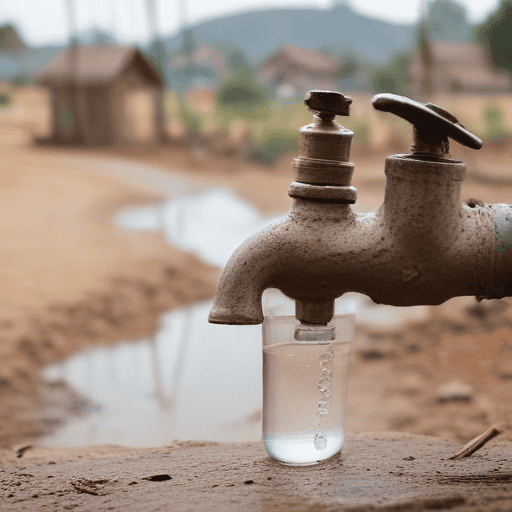Residents of Yalava, near Labasa, are continuing to confront serious challenges in accessing clean and treated water, a situation that has persisted despite numerous requests to government ministers for assistance. Local families are forced to depend on untreated water sources, opening them up to potential health risks.
Among those affected is Year Eight student Romiasha Barro, who was recently seen collecting water from a roadside well with her mother, Mumtaz Barro. They utilize this well when their main source—a mountain spring—runs dry. “During the dry season, we call the Water Authority of Fiji for water, but it can take up to two weeks for someone to come,” Mumtaz explained.
Community members have expressed their frustration at the lack of action following their appeals. Sugarcane farmer Daya Prasad mentioned that discussions with various ministers—including Deputy Prime Minister Biman Prasad and Minister for Rural and Maritime Development Sakiasi Ditoka—have resulted in little to no progress. In January 2023, Prasad was assured that water and infrastructure issues would be prioritized, yet residents still wait for effective solutions.
The dire situation affects not only adults but also schoolchildren, such as student Ronesh Singh from Tabia Sanatan College, who must frequently check the well’s water level to ensure that his family has a sufficient supply for emergencies. Shared use of the well has led to illnesses among users, highlighting the need for secure access to treated water.
Currently, there are 19 homes in Yalava lacking access to treated water. Though inspections for borehole projects have been conducted, there has been no significant development over the past two years. Minister Tuisawau has committed to addressing this issue by directing the Public Works Department and the Water Authority of Fiji to investigate.
Similarly, in other regions such as Khalsa Rd and Nagigi, residents facing water supply issues have raised similar concerns, emphasizing the severe impact that these shortages have on daily life and health. Efforts from local ministers to address these long-standing problems are essential, and continued advocacy from communities remains crucial.
The challenges surrounding water supply in these areas underline a critical need for government action. There is hope, however, as ongoing dialogue and ministerial commitments indicate that attention is being paid to these urgent needs. Collaborative efforts to establish improved infrastructure and reliable access to treated water could lead to significant improvements in health and quality of life for residents in Yalava and beyond.

Leave a comment